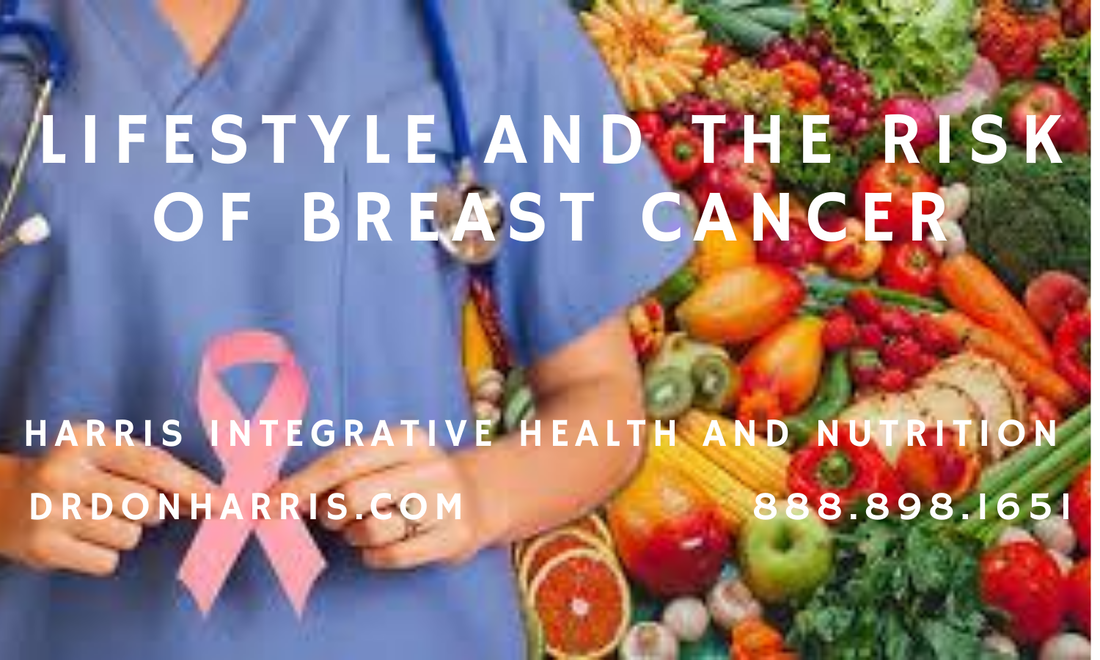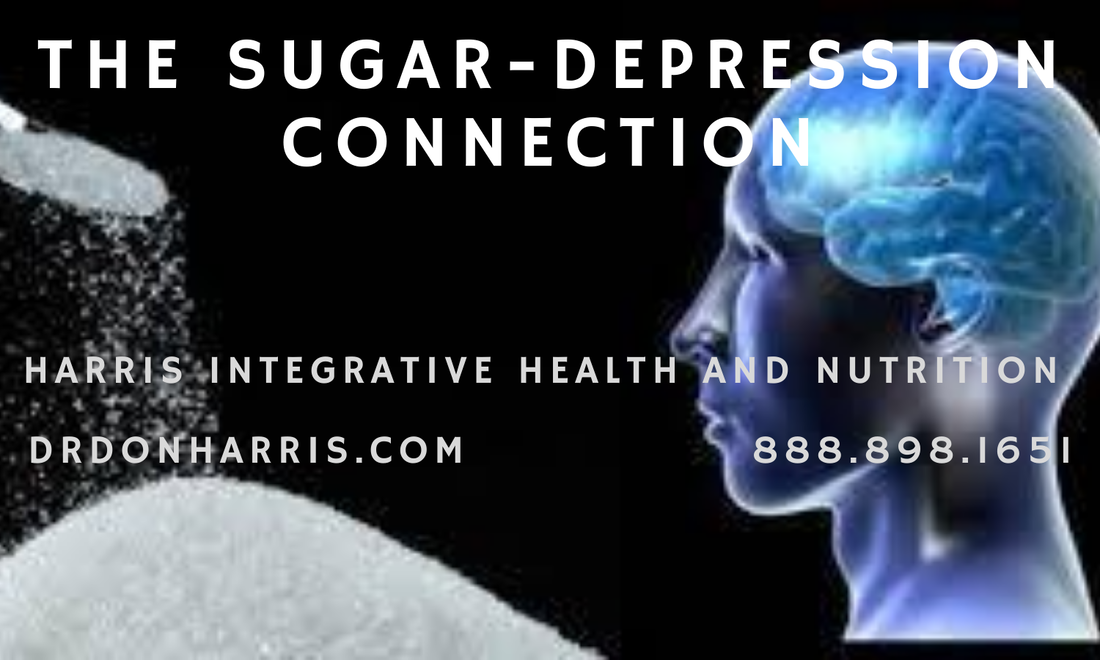|
If you have (or have had) breast cancer, you probably want to know if there are things you can do that might lower your risk of the cancer growing or coming back, such as exercising, eating a certain type of diet, or taking nutritional supplements. Fortunately, breast cancer is one of the best studied types of cancer in this regard, and research has shown there are some things you can do that might be helpful. Staying as healthy as possible is more important than ever after breast cancer treatment. Controlling your weight, keeping physically active, and eating right and proper supplemenation may help you lower your risk of your breast cancer coming back, as well as help protect you from other health problems.
Getting to a Healthy Weight; If you have had breast cancer, getting to and staying at a healthy weight might help lower your risk. A lot of research suggests that being overweight or obese (very overweight) raises the risk of breast cancer coming back. It has also been linked with a higher risk of getting lymphedema, as well as a higher risk of dying from breast cancer. However, there is less research to show whether losing weight during or after treatment can actually lower the risk of breast cancer coming back. Large studies are now looking at this issue. This is complicated by the fact that many women gain weight (without trying) during breast cancer treatment, which itself might increase risk. Of course, for women who are overweight, getting to a healthy weight can also have other health benefits. For example, weight loss has been shown to improve quality of life and physical functioning among overweight breast cancer survivors. Getting to a healthy weight might also lower your risk of getting some other cancers (including a new breast cancer), as well as some other chronic diseases. Because of the possible health benefits of losing weight, many health care providers now encourage women who are overweight to get to and stay at a healthy weight. Still, it’s important to discuss this with your doctor before trying to lose weight, especially if you are still getting treatment or have just finished it. Your health care team can help you create a plan to lose weight safely. Being Physically Active; Among breast cancer survivors, studies have found a consistent link between physical activity and a lower risk of breast cancer coming back and of dying from breast cancer. Physical activity has also been linked to improvements in quality of life, physical functioning, and fewer fatigue symptoms. It’s not clear exactly how much activity might be needed, but more seems to be better. More vigorous activity may also be more helpful than less vigorous activity. But further studies are needed to follow up on these findings. In the past, breast cancer survivors with lymphedema were often advised to avoid certain arm exercises and vigorous activities. But studies have found that such physical activity is safe. In fact, it might actually lower the risk of lymphedema, or improve lymphedema for women who already have it. As with other types of lifestyle changes, it’s important to talk with your treatment team before starting a new physical activity program. This will likely include meeting with a physical therapist as well. Your team can help you plan a program that can be both safe and effective for you. Eating a Healthy Diet; Most research on possible links between diet and the risk of breast cancer coming back has looked at broad dietary patterns, rather than specific foods. In general, it’s not clear if eating any specific type of diet can help lower your risk of breast cancer coming back. Studies have found that breast cancer survivors who eat diets high in vegetables, fruits, whole grains, chicken, and fish tend to live longer than those who eat diets that have more refined sugars, fats, red meats (such as beef, pork, and lamb), and processed meats (such as bacon, sausage, luncheon meats, and hot dogs). But it’s not clear if this is due to effects on breast cancer or possibly to other health benefits of eating a healthy diet. Two large studies (known as WINS and WHEL) have looked at the effects of lowering Fat intake after being diagnosed with early stage breast cancer. One study found that women on a low-fat diet had a small reduction in the risk of cancer coming back, but these women had also lost weight as a result of their diet, which might have affected the results. The other study did not find a link between a diet low in fat and the risk of cancer coming back. Many women have questions about whether soy products are safe to eat after a diagnosis of breast cancer. Soy foods are rich sources of compounds called isoflavones that can have estrogen-like properties in the body. However, some recent large studies have not found that soy food intake affects breast cancer coming back or survival rates. While eating soy foods doesn’t seem to pose a risk, the evidence regarding the effects of taking soy or isoflavone supplements is not as clear. While the links between specific types of diets and breast cancer coming back are not certain, there are clearly health benefits to eating well. For example, diets that are rich in plant sources are often an important part of getting to and staying at a healthy weight. Eating a healthy diet can also help lower your risk for some other common health problems, such as heart disease and diabetes. Supplements: Women often want to know if there are any dietary or nutritional supplements they can take to help lower their risk. So far, no dietary supplements (including vitamins, minerals, and herbal products) have been shown to clearly help lower the risk of breast cancer progressing or coming back. This doesn’t mean that none will help, but it’s important to know that none have been proven to do so. 8 best supplements for cancer
Because this issue is complex, it’s important to discuss it with your health care team, taking into account your risk of breast cancer coming back (or getting a new breast cancer), your risk of heart disease, and your risk of other health issues linked to alcohol use. New research continues to make the case for sugar’s role in depression. University of Kansas clinical psychologists theorize in the journal Medical Hypotheses that added dietary sugars can create a depressogenic effect by sparking the metabolic, inflammatory, and neurobiological processes tied to depression.
“When we consume sweets, they act like a drug,” explains study coauthor Stephen Ilardi, PhD. “They have an immediate mood-elevating effect, but in high doses they can also have a paradoxical, pernicious longer-term consequence of making mood worse, reducing well-being, elevating inflammation, and causing weight gain.” And because added sugars lack nutritional benefits, Ilardi and his coauthors note, the “depressogenic processes can be affected both by the relative absence of key nutrients and by the excessive presence of harmful foods.” The team analyzed a wide range of research on the physiological and psychological effects of added sugar consumption, including the 69,954-participant, three-year Women’s Health Initiative Observational Study; the 263,923-person NIH–AARP Diet and Health Study; and other large-scale international trials. Researchers identified these depressogenic effects of added sugars: 1. Bodywide Inflammtion which has been recognized as a “potent physiological trigger of depression.” It also leads to fatigue and sleep disruption, which contribute to poor mental health. “A large subset of people with depression have high levels of systemic inflammation,” says Ilardi, author of The Depression Cure. “When we think about inflammatory disease, we think about things like diabetes and rheumatoid arthrithis diseases with a high level of systemic inflammation. We don’t normally think about depression being in that category, but it turns out that it really is. “Inflammatory hormones can directly push the brain into a state of severe depression. So, an inflamed brain is typically a depressed brain.” 2. Microbiome Disruption that can lead to gut dysbiosis, an overgrowth of harmful bacteria that’s been linked to depression and other psychological pathologies. “Our bodies host over 10 trillion microbes, and many of them know how to hack into the brain,” Ilardi explains. “The symbiotic microbial species — the beneficial microbes —basically hack the brain to enhance our well-being. They want us to thrive so they can thrive. “But there are also some opportunistic species that can be thought of as more purely parasitic — they don’t have our best interests in mind at all. Many of those parasitic microbes thrive on added sugars, and they can produce chemicals that push the brain [into] a state of anxiety and stress and depression.” t can reduce production of the energizing hormone needed to fuel the brain. 4. Other effects may include dopamine dysregulation, oxidative stress, and the production of advanced glycation end-products, or AGEs, toxic byproducts of sugar metabolism. (For more on the dangers of added sugars, see “Sugar Shock”.) By the Numbers 16.2 million: Number of American adults who report at least one major depressive episode in a given year, according to the National Institute of Mental Health. 18: Teaspoons of added sugar Americans eat daily, accounting for 14 percent of total calories ingested. 75%: Percentage of packaged foods that include added sugars. Soda and other sugary beverages are the single leading source. |
Archives
April 2022
Categories
All
|



 RSS Feed
RSS Feed